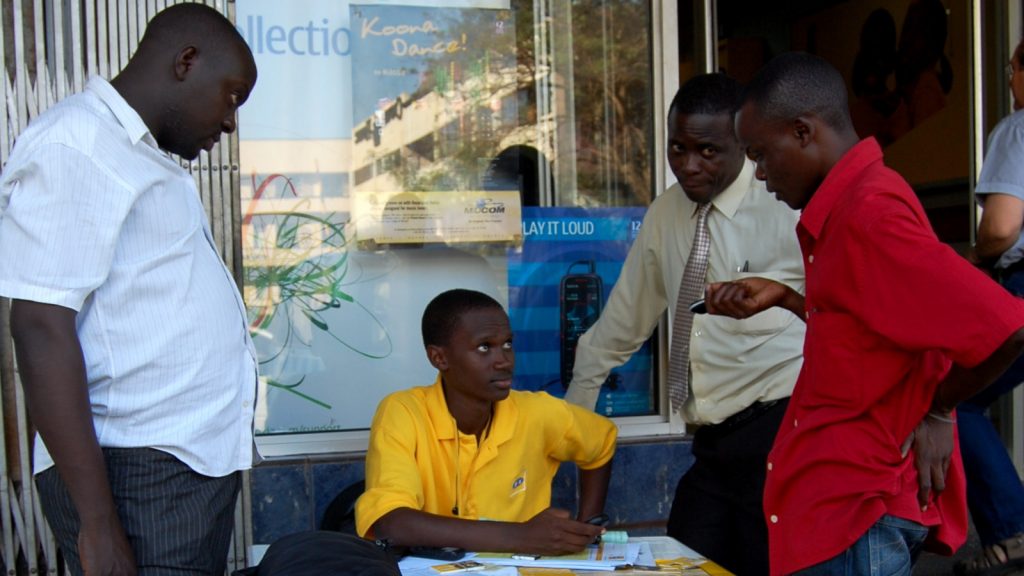In a move that signals a major leap forward in generative AI, OpenAI has quietly rolled out ChatGPT-5, its most advanced model to date….
UN Capital Development Fund names five Zambian startups selected for FinTech4U’s first cohort

The United Nations Capital Development Fund (UNCDF) together with BongoHive Innovation and Technology Hub have announced the names of five Zambian fintechs selected for the inaugural cohort of the FinTech4U accelerator programme.
The five are SafePay Zambia, Digital PayGo, Aretech, Edupay and Virtual Space.
UNCDF said in a statement today that the five have shown their potential to improve financial inclusion among under-served customers like youth and women in rural areas.
SafePay Zambia offers a platform that protects subscribers through pre-payment and pooling of resources for access to quality healthcare.
Digital PayGo offers a shared platform for mobile merchant payment systems and agent banking.
Aretech’s Bwino service gives clients access to medical schemes and credit for healthcare. EduPay provides access to affordable, flexible and convenient credit known as Edu-Loans.
Virtual Space‘s Mangwee Payments electronic wallet service that is available in many parts of Zambia through a network of outlets and agents.
Each of the five startups in the first FinTech4U cohort will receive funding of up to $3000
UNCDF partnered with BongoHive to launch the accelerator programme, which kicks off this month and ends in April, to provide a range of skills and resources that will further improve participants businesses.
The cohort, UNCDF said, will also receive technical assistance and support from regulators such as the Bank of Zambia, the Securities and Exchange Commission and the Zambia Information Technology and Communication Authority.
Each of the five startups will receive funding of up to $3000 to pilot and improve their product for the Zambian market and beyond.
UNCDF said over 70 fintech startups had begun the application process to join the accelerator programme when applications closed last November.
Of these, only 35 managed to complete the accelerator programme’s application process. The majority of applications are said to have come from Lusaka.
Shortlisted applications covered verticals like general finance, agriculture, energy, education, health and e-commerce and included product categories like payments and remittances, credit, personal finance management and savings.
‘Majority of fintechs offer general finance services’
UNCDF pointed out that the application process revealed that the majority of fintechs offer services in general finance, followed by agriculture, health and energy, in lesser numbers.
“These companies exhibit similar trends revealed in the Zambian economy in general, with fewer companies emerging to provide digital finance services in education, health and energy than services in general finance.
“However, as digital financial services become more widespread to rural populations in Zambia, this distribution of sectors is likely to change as the demand for services in these sectors increases and becomes more complex,” UNCDF added.
The fund also added that applicants in general finance mostly offered products around payments and remittances, B2B transactions and credit.
This it said mirrors a similar trend that was exhibited in the Zambian digital financial services industry in 2018, where there was growth in the adoption and usage of second-generation products such as digital loans and bank-to-wallet transactions.
Bongo Hive FinTech4U project manager John Zgambo, commenting in the same statement, said the programme was “blown away” by the work happening across the country.
UNCDF digital financial services expert Kilyelani Kanjo said the number and variety in the applications re-affirmed his belief that Africa is the new “ground zero” for innovation and technology.
“Zambian fintechs are thinking of innovative ways to provide services and products which are able to address the needs of normally marginalised Zambians and it’s very exciting,” added Kanjo.
Featured image:Rachel Hinman via Flickr (CC BY 2.0)

